Top Saudi court hands down jail terms to two political opponents
Saudi authorities have reportedly passed prison sentences against two more political dissidents as a crackdown led by Crown Prince Mohammed bin Salman widens despite the kingdom’s much-touted social reforms.
The Prisoners of Conscience, an independent non-governmental organization advocating human rights in Saudi Arabia, announced in a series of posts on its official Twitter page that the Specialized Criminal Court slapped a three-and-a-half-year jail term on Dr. Habib bin Moala, who has been behind bars since September 2017.
🔴 BREAKING
— Prisoners of Conscience (@m3takl_en) October 14, 2020
The so-called Saudi Specialized Criminal Court issues a verdict of 3 and a half years in prison against Dr. Habib Bin Moala, who is still under detention since September 2017.#حبيب_بن_معلا pic.twitter.com/KSZDhx27lg
The organization added that the same court handed a six-year prison sentence to Sheikh Dr. Ali Badahdah, who is also under detention since September 2017.

The developments took place only two days after Saudi Arabia failed in its attempt to become a member of the 47-nation United Nations Human Rights Council (UNHRC).
In recent years, Saudi authorities have rounded up hundreds of perceived political opponents, detained more than a dozen women’s rights activists, and continued mass prisoner executions.
Public protests, political parties and labor unions are banned in the traditionally closed-off country, where the media are controlled and criticism of the royal family can lead to prison.
The crackdown gathered pace in September 2017 with the arrests of prominent religious leaders, some of whom could now face death penalty.
Top businessmen and senior officials were arrested two months later in a purported anti-corruption campaign. The measure was criticized as a power play and shakedown of the crown prince’s potential political rivals.
Bin Salman also stands accused of being directly involved in the cruel murder of well-known Saudi journalist and dissident Jamal Khashoggi at the kingdom’s consulate in Istanbul on October 2, 2018, after he entered the premises to obtain paperwork for a planned marriage with his Turkish fiancée Hatice Cengiz.
Turkish officials say his body was dismembered by the Saudi killers and his remains are yet to be found.
Agnes Callamard, the UN special rapporteur for extrajudicial, summary or arbitrary executions, investigated Khashoggi’s murder.
She has said “credible evidence” links the Saudi crown prince to the killing of the Washington Post journalist and said he should be investigated.
Israeli minister lays claim to Gaza, West Bank, calls Palestinians 'temporary guests'
Hamas: US strike on Venezuela, abduction of Maduro ‘grave violation of intl. law’
VIDEO | Lebanon commemorates martyrdom anniversary of General Soleimani
VIDEO | Massive protest held in Cuba to condemn US military operation in Venezuela
US Democrats float retaliation over Trump’s ‘insane’ Venezuela aggression
Iranian badminton star set to make history: Why Soraya Aghaei’s IOC nomination matters
VIDEO | Tunisians commemorate martyred resistance leaders
How global cultural memory lifts veil on less-known aspects of Gen. Soleimani’s personality






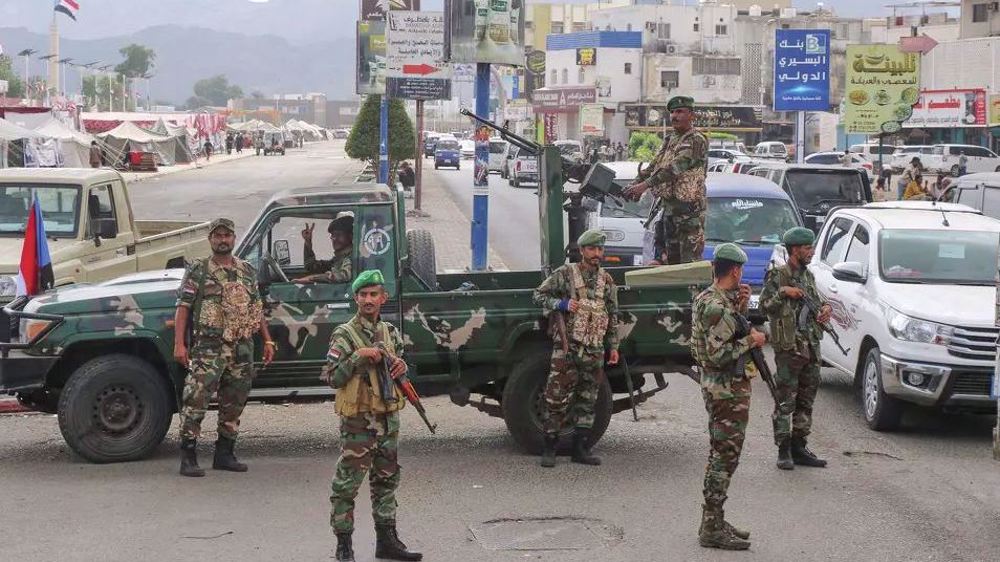
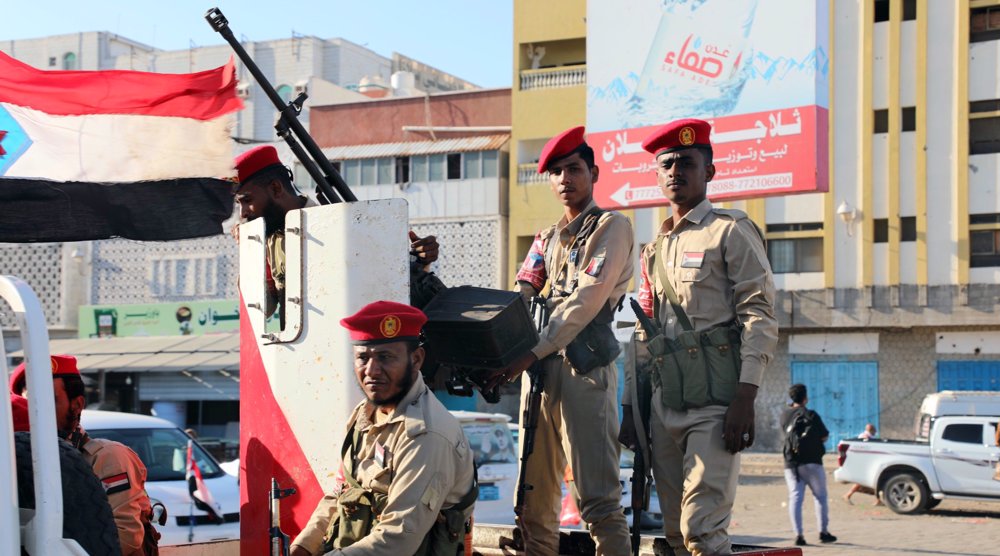
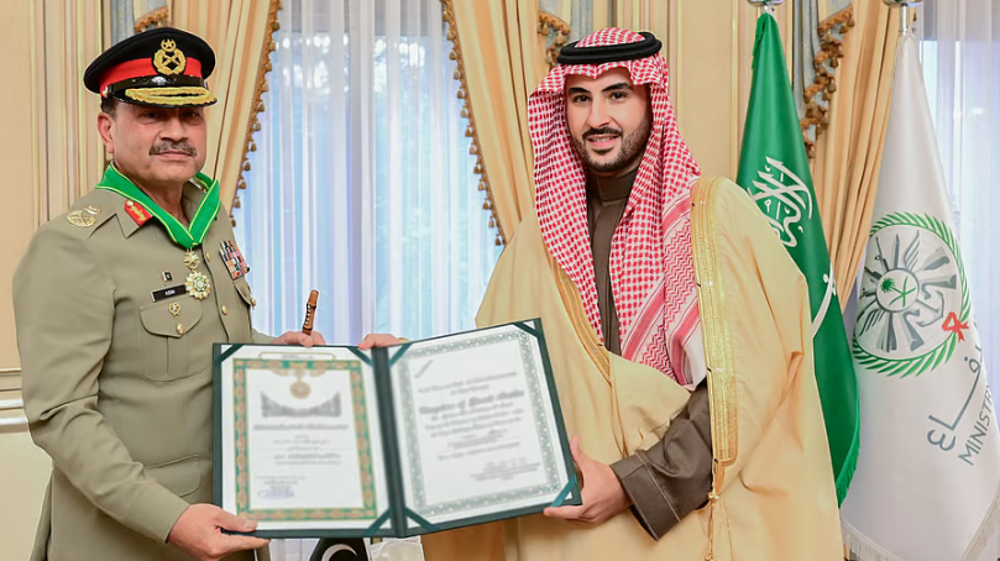



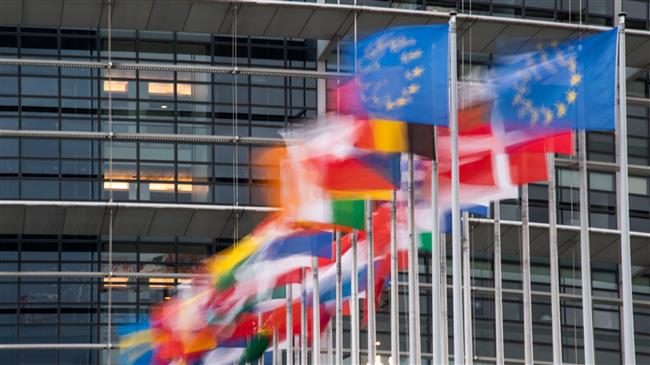
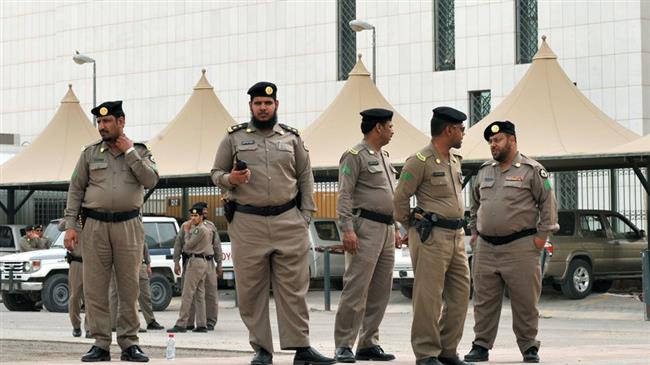
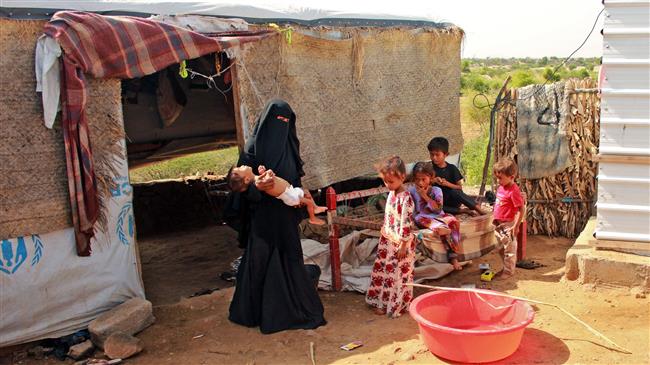
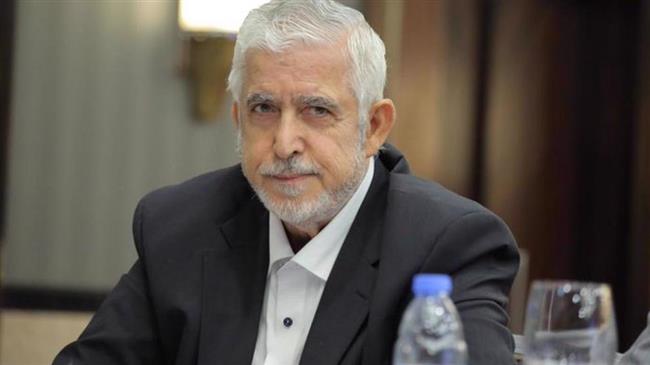
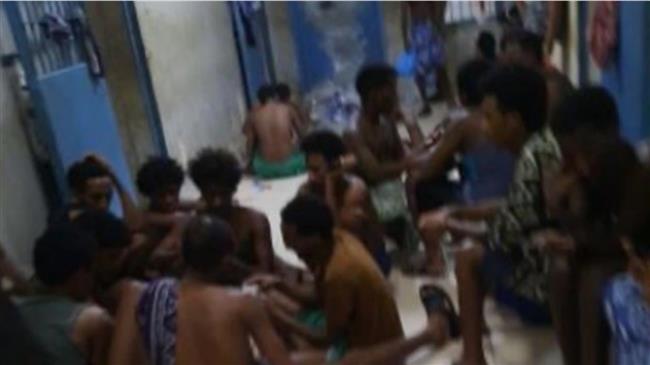
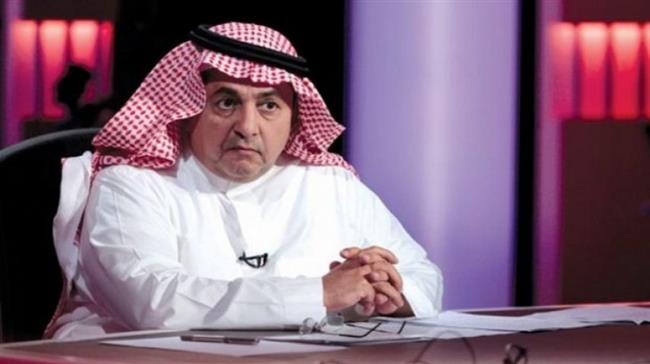
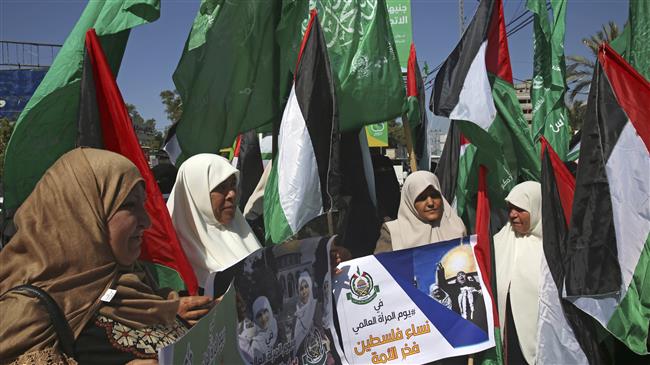

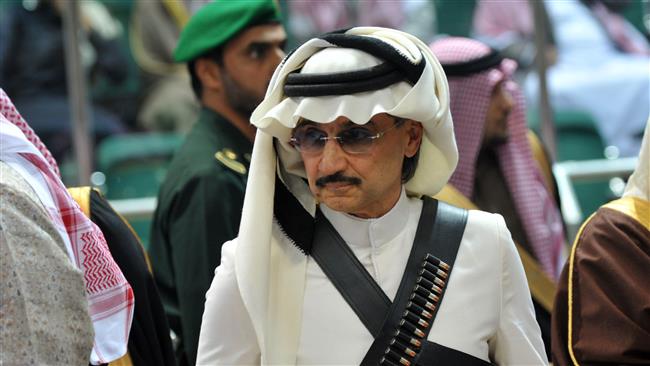

 This makes it easy to access the Press TV website
This makes it easy to access the Press TV website